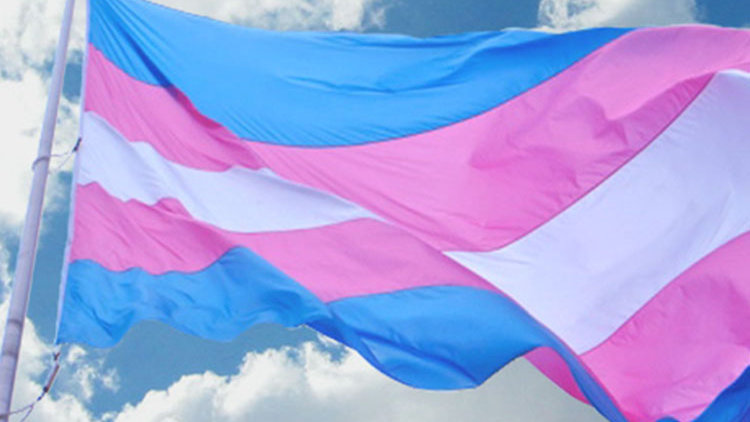If you are transgender and awaiting a prison sentence in North Carolina, you may have questions about accommodations for transgender inmates in North Carolina. Every North Carolina prison facility has a Transgender Accommodation Review Committee (TARC) which is responsible for determining accommodations for transgender inmates. In addition, each Division has a TARC. Once the facility TARC notified of a transgender inmate’s gender identity and needs, it will go through the following policy.
If you do not request an accommodation
If you do not request an accommodation, you will not be asked to undergo a behavioral health evaluation or to be interviewed by the facility TARC. The facility TARC will only review safety considerations for you. Your case manager will be notified and will meet with you twice a year or more depending on your Service Priority Level plan. Your case manager will assess any needs or risks associated with your case and refer you to the facility TARC as needed.
If you request an accommodation
If you request accommodation, you will be subject to a behavioral health evaluation report and a medical examination. A behavioral health evaluation report summarizes your mental health, and may include discussion of the following: past or current hormone replacement therapy (HRT), gender-affirming surgical procedures, life experiences consistent with your gender identity, mental health diagnoses (if any), past mental health treatment, and a personality assessment. A medical examination may include laboratory tests and documentation of genitalia and secondary sex characteristics.
You do not need to be diagnosed with gender dysphoria to be considered for accommodations. “Routine” accommodations will be reviewed and approved by the facility TARC, and “non-routine” accommodations will be reviewed by the facility TARC and approved by the Division TARC. If the facility TARC requests medical records, mental health records, or allowance for record review, you can choose to authorize or not authorize these requests. If you choose to not authorize these requests, your records will remain private and the review process will move forward based on whatever information is already available.
What are “routine” accommodations?
“Routine” accommodations for transgender inmates in North Carolina may include state-issued female or male undergarments, NCDPS-approved male or female hygiene items, NCDPS-approved male or female hair products, private showering, and enhanced staff supervision via housing assignment. If you were prescribed HRT by a licensed provider as part of your gender confirmation therapy plan prior to incarceration, you will be allowed to continue HRT unless clinically contraindicated. The facility TARC may also discuss the approval of other items as “routine” with the Division TARC.
What are “non-routine” accommodations?
“Non-routine” accommodations for transgender inmates in North Carolina may include initiation of HRT and other requests. Initiation of HRT is considered on a case-by-case basis. If you report HRT prior to incarceration but without an active prescription, the facility TARC will consider your request on a case-by-case basis. All HRT initiation cases will be reviewed by the Division TARC, and cases under consideration will be referred through the Division utilization review process for endocrinology consultation.
Other “non-routine” accommodations will be reviewed on a case-by-case basis, and will take the welfare of the inmate as well as the security of the facility into consideration.
Gilles Law, PLLC is a Charlotte-based criminal defense law firm that handles state crimes and federal crimes in North Carolina and South Carolina. Contact us today.

